
Essential TOEFL Words 01
2K views · Nov 28, 2022 englishteststore.net
500 Từ vựng thiết yếu để luyện thi TOEFL. http://www.tienganhcaptoc.com
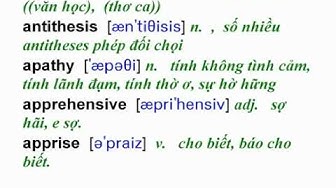
Essential TOEFL Words 02
1K views · Nov 28, 2022 englishteststore.net
500 Từ vựng thiết yếu để luyện thi TOEFL. http://www.tienganhcaptoc.com
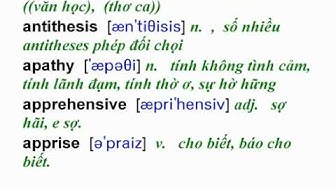
Essential TOEFL Words 02
1K views · Nov 28, 2022 englishteststore.net
500 Từ vựng thiết yếu để luyện thi TOEFL. http://www.tienganhcaptoc.com

Essential TOEFL Words 01
2K views · Nov 28, 2022 englishteststore.net
500 Từ vựng thiết yếu để luyện thi TOEFL. http://www.tienganhcaptoc.com
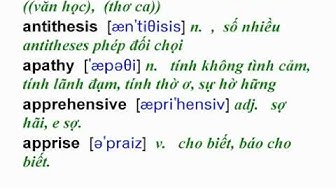
Essential TOEFL Words 02
921 views · Nov 28, 2022 englishteststore.net
500 Từ vựng thiết yếu để luyện thi TOEFL. http://www.tienganhcaptoc.com
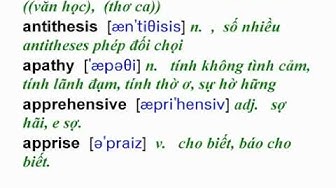
Essential TOEFL Words 02
2K views · Nov 28, 2022 englishteststore.net
500 Từ vựng thiết yếu để luyện thi TOEFL. http://www.tienganhcaptoc.com

Essential Words for the TOEFL - Lesson 01
9K views · Nov 28, 2022 englishteststore.net
Essential Words for the TOEFL - Lesson 01

Essential Words for the TOEFL - Lesson 03
22K views · Nov 28, 2022 englishteststore.net
Essential Words for the TOEFL - Lesson 03

Essential Words for the TOEFL - Lesson 04
31K views · Nov 28, 2022 englishteststore.net
Essential Words for the TOEFL - Lesson 04

Essential Words for the TOEFL - Lesson 02
6K views · Nov 28, 2022 englishteststore.net
Essential Words for the TOEFL - Lesson 02

Essential Words for the TOEFL - Lesson 08
7K views · Nov 28, 2022 englishteststore.net
Essential Words for the TOEFL - Lesson 08

Essential Words for the TOEFL - Lesson 07
19K views · Nov 28, 2022 englishteststore.net
Essential Words for the TOEFL - Lesson 07

Essential Words for the TOEFL - Lesson 06
21K views · Nov 28, 2022 englishteststore.net
Essential Words for the TOEFL - Lesson 06

Essential Words for the TOEFL - Lesson 05
47K views · Nov 28, 2022 englishteststore.net
Essential Words for the TOEFL - Lesson 05
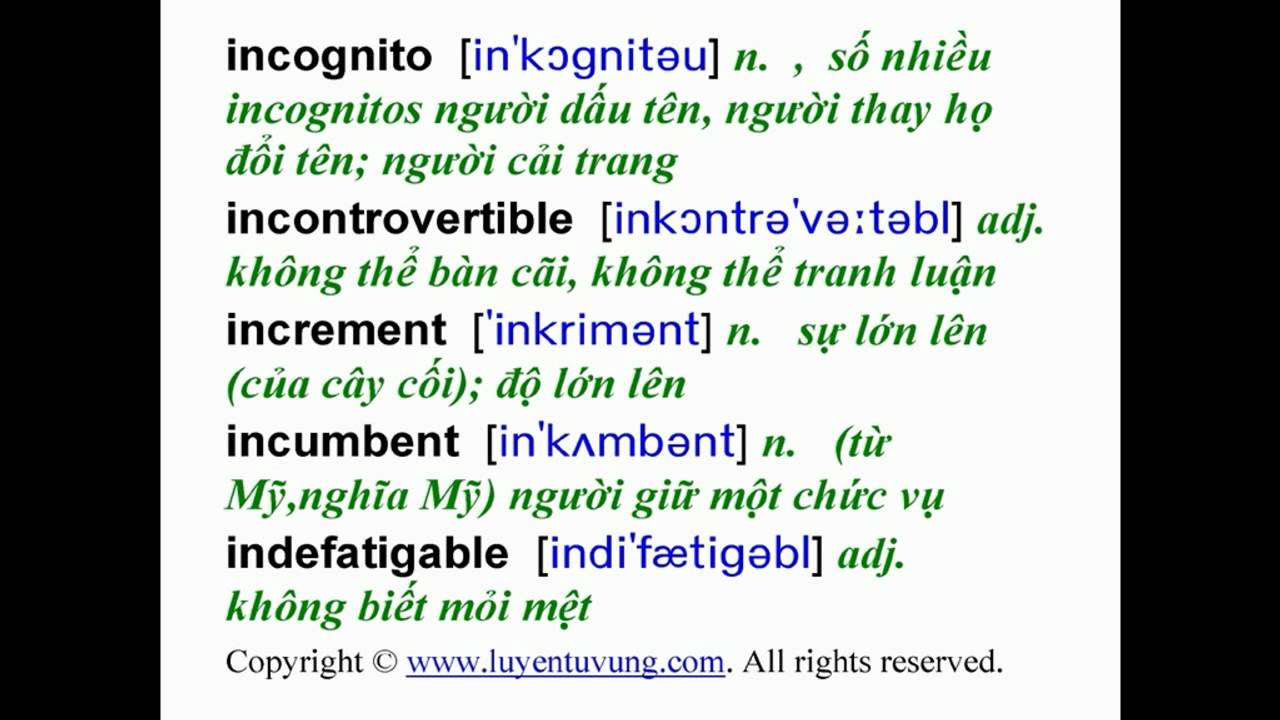
Essential Words for the TOEFL - Lesson 13
14K views · Nov 28, 2022 englishteststore.net
Essential Words for the TOEFL - Lesson 13

Essential Words for the TOEFL - Lesson 14
9K views · Nov 28, 2022 englishteststore.net
Essential Words for the TOEFL - Lesson 14

Essential Words for the TOEFL - Lesson 12
11K views · Nov 28, 2022 englishteststore.net
Essential Words for the TOEFL - Lesson 12
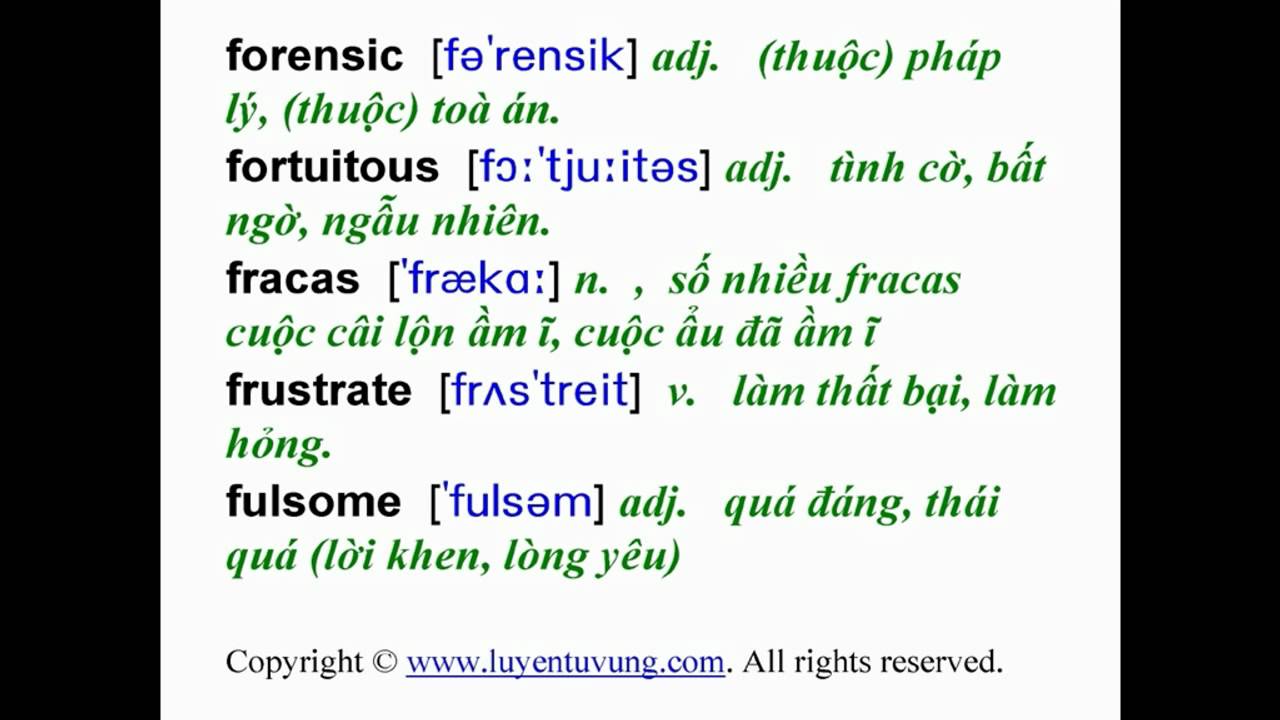
Essential Words for the TOEFL - Lesson 11
20K views · Nov 28, 2022 englishteststore.net
Essential Words for the TOEFL - Lesson 11

Essential Words for the TOEFL - Lesson 10
28K views · Nov 28, 2022 englishteststore.net
Essential Words for the TOEFL - Lesson 10

Essential Words for the TOEFL - Lesson 18
4K views · Nov 28, 2022 englishteststore.net
Essential Words for the TOEFL - Lesson 18

Essential Words for the TOEFL - Lesson 19
4K views · Nov 28, 2022 englishteststore.net
Essential Words for the TOEFL - Lesson 19
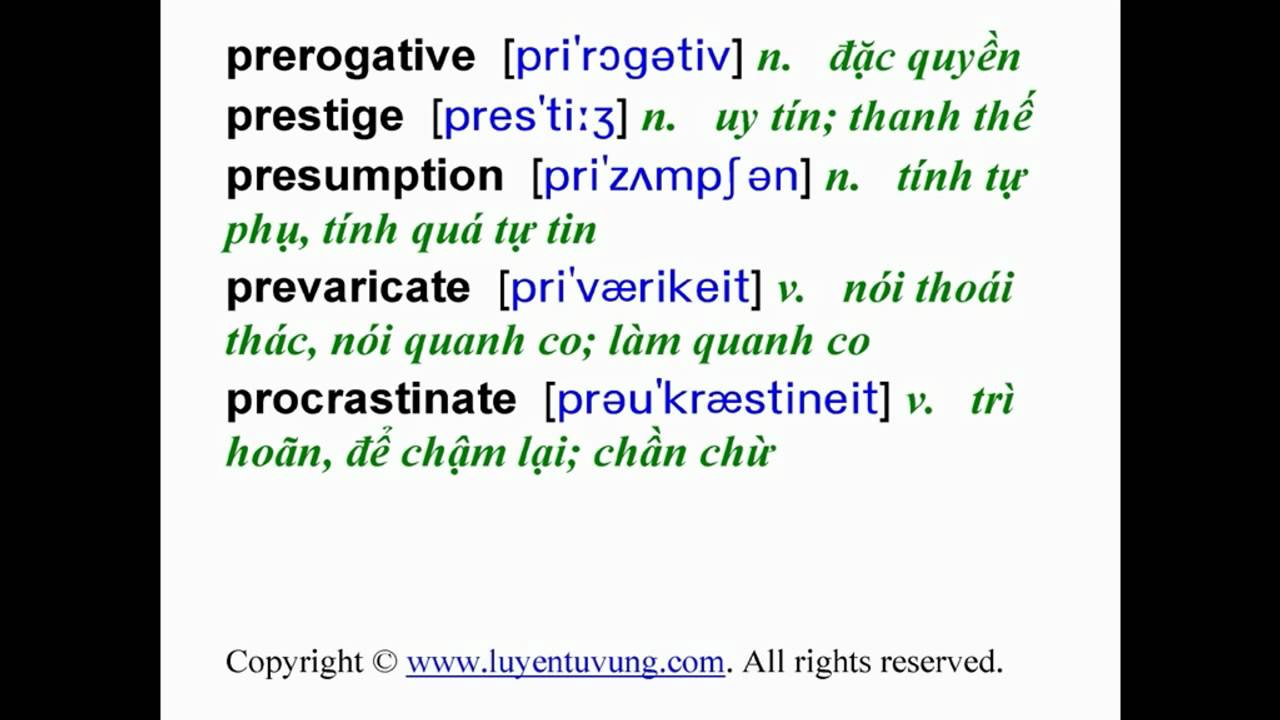
Essential Words for the TOEFL - Lesson 17
13K views · Nov 28, 2022 englishteststore.net
Essential Words for the TOEFL - Lesson 17

Essential Words for the TOEFL - Lesson 16
24K views · Nov 28, 2022 englishteststore.net
Essential Words for the TOEFL - Lesson 16

Essential Words for the TOEFL - Lesson 15
22K views · Nov 28, 2022 englishteststore.net
Essential Words for the TOEFL - Lesson 15

Essential Words for the TOEFL - Lesson 21
6K views · Nov 28, 2022 englishteststore.net
Essential Words for the TOEFL - Lesson 21
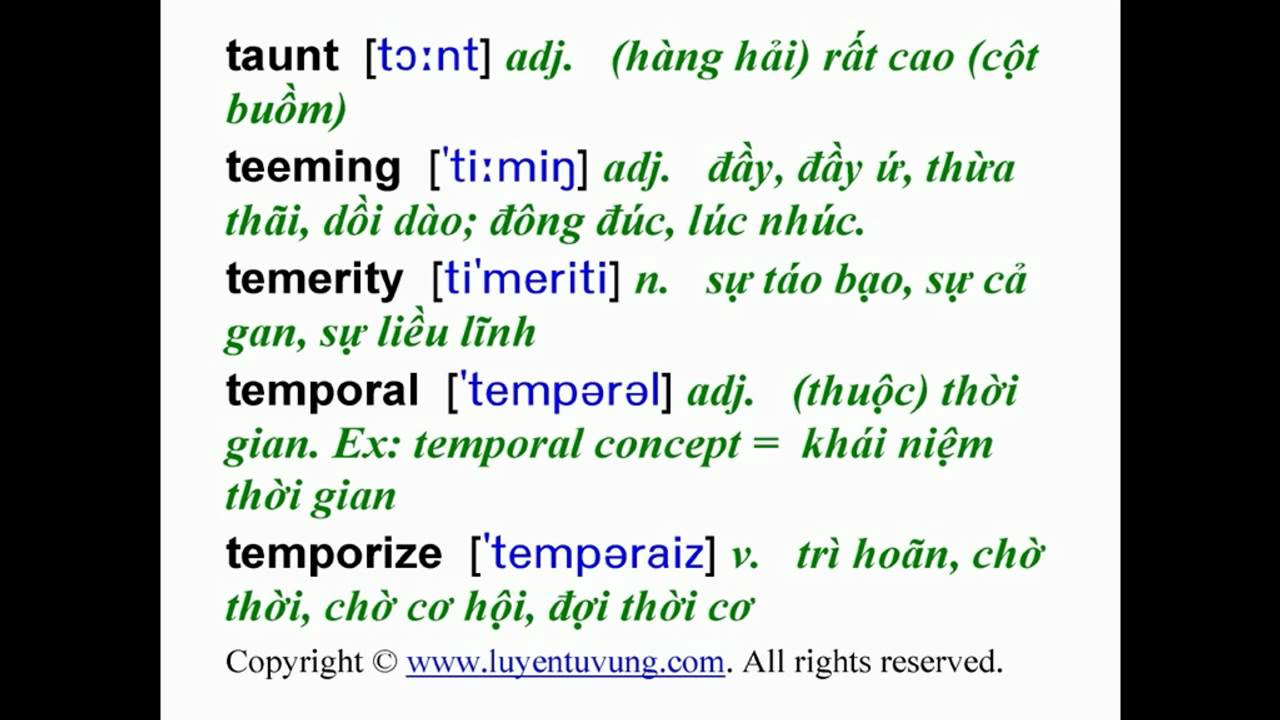
Essential Words for the TOEFL - Lesson 20
15K views · Nov 28, 2022 englishteststore.net
Essential Words for the TOEFL - Lesson 20

Sample TOEFL Essay #1
20K views · Nov 5, 2022 englishteststore.net
Employees should change jobs frequently in order to gain more experience. Do you agree or disagree with the statement? Example TOEFL essay

How to Master Skills for the TOEFL iBT Listening Advanced
2K views · Oct 19, 2023 englishteststore.net
Practice TOEFL Test: https://englishteststore.net/index.php?option=com_content&view=article&id=11507&Itemid=216 How to Master Skills for the TOEFL iBT Listening Advanced 1. Understand the Test Format Before diving into strategies, it's essential to be familiar with the structure of the Listening section. It typically consists of 4 to 6 lectures (each 3-5 minutes long with 6 questions) and 2 to 3 conversations (each about 3 minutes long with 5 questions). 2. Develop Active Listening Skills Anticipate Content: Based on introductory remarks or context clues, try to predict the speaker's main ideas. Take Efficient Notes: Jot down main ideas, important details, and the speaker's attitude. Remember, it's not about transcribing; it's about summarizing effectively. Listen for Signpost Words: These are words or phrases that guide you through the conversation or lecture like "firstly," "however," or "in conclusion." 3. Expand Vocabulary The TOEFL iBT advanced listening sections may feature academic vocabulary. Familiarize yourself with words commonly used in academic settings. Resources like the Academic Word List can be a good starting point. 4. Practice with Authentic Material Tune in to English lectures, seminars, podcasts, and radio shows. Websites like TED Talks, BBC, and NPR offer a plethora of content that mirrors the kind of language and structure used in the TOEFL. 5. Focus on Different Accents The TOEFL iBT includes various accents: American, British, Australian, and even New Zealand accents. Diversify your listening practice to become familiar with these accents. 6. Sharpen Note-taking Skills The TOEFL iBT doesn’t allow you to pause or rewind. Practice taking notes in real-time, using abbreviations, and honing your ability to discern and jot down crucial information swiftly. 7. Review Regularly After practicing, take a moment to review the content. Cross-check your notes with the actual content, identify areas you missed, and understand why you might have misunderstood certain segments. 8. Improve Concentration The Listening section demands focused attention. Engage in activities that enhance your concentration, such as meditation, deep-breathing exercises, or even certain concentration-boosting games. 9. Join a Study Group Studying with peers can be a valuable way to get varied exposure. Share resources, practice together, and discuss challenging parts of the listening material. 10. Take Timed Practice Tests Simulate real test conditions by taking full-length, timed practice tests. This will help you manage time effectively during the actual test and familiarize you with the question format.

Path to Excellence Mastering Skills for the TOEFL iBT Listen...
293 views · Oct 19, 2023 englishteststore.net
Practice TOEFL Test: https://englishteststore.net/index.php?option=com_content&view=article&id=11507&Itemid=216 Path to Excellence: Mastering Skills for the TOEFL iBT Listening Section 1. Grasp the Structure Before diving into any preparation, familiarize yourself with the Listening section's breakdown: 4-6 lectures (each 3-5 minutes long with 6 questions) 2-3 conversations (each around 3 minutes with 5 questions) Knowing this structure allows you to mentally prepare for what lies ahead. 2. Active Listening is Key Unlike passive hearing, active listening requires full concentration, understanding, and responsiveness. Predict Content: Initial segments or a provided photo can hint at the conversation or lecture's direction. Main Ideas vs. Details: Separate the main arguments from supporting details. 3. Hone Your Note-taking Skills This is an art that can significantly boost your performance. Use Symbols and Abbreviations: This can help speed up the process. Focus on Key Points: It's about capturing the essence, not every single word. Structure Your Notes: Organize points for easy reference during questions. 4. Build a Robust Vocabulary The Listening section often employs academic vocabulary. To tackle this: Embrace Vocabulary Lists: Lists like the Academic Word List can be beneficial. Contextual Practice: Understand and use new words in various contexts for better retention. 5. Diversify Listening Sources Expose yourself to a myriad of English sources. Different Genres: News broadcasts, podcasts, documentaries, academic lectures, etc. Varied Accents: TOEFL iBT includes American, British, and even Australian accents. Familiarity with these can be a game-changer. 6. Practice Question Types Understanding and practicing the specific types of questions in the TOEFL iBT Listening section can significantly enhance accuracy. Categories include: Main idea questions Specific detail questions Speaker's attitude or purpose questions 7. Mindful Practice Mental fatigue can hamper listening skills. Short, Consistent Practice Sessions: This can be more effective than irregular marathon sessions. Mindfulness and Meditation: Such practices can boost concentration and reduce anxiety. 8. Revisit and Reflect After practice sessions, always review your answers. Analyze Mistakes: Understand why you got certain questions wrong. Celebrate Small Wins: Recognize areas where you’ve improved. 9. Emulate Test Conditions While practicing: Use Headphones: This replicates the actual test environment. Time Yourself: Stick to the time limits to enhance speed and efficiency.

TOEFL iBT Listening Tips and Strategies
1K views · Oct 19, 2023 englishteststore.net
Practice TOEFL Test: https://englishteststore.net/index.php?option=com_content&view=article&id=11507&Itemid=216 TOEFL iBT Listening Tips and Strategies 1. Familiarize Yourself with the Format Before you delve into any practice, get to know the structure of the Listening section: 4-6 lectures, each 3-5 minutes long with 6 questions 2-3 conversations, each about 3 minutes long with 5 questions 2. Practice Active Listening Anticipate the Content: Based on the introduction or early part of a conversation or lecture, try to predict what might come next. Listen for Main Ideas: Focus on the general point rather than getting lost in the details. Identify Signpost Words: Words like "however," "moreover," and "in conclusion" can guide you through the conversation or lecture. 3. Develop Efficient Note-taking Habits During the test, you can take notes. This is invaluable for retaining information. Abbreviate: Shorten words and use symbols to save time. Summarize: Write the main ideas and critical details. Structure: Use bullet points, numbers, or arrows to denote relationships or the flow of ideas. 4. Enhance Your Vocabulary The TOEFL iBT Listening section will often include academic vocabulary. Use Vocabulary Lists: Resources such as the Academic Word List can be helpful. Read Broadly: Diversify your reading materials - journals, newspapers, academic articles - to encounter and understand varied vocabulary. 5. Diversify Your Listening Practice Tune into Varied Content: Use TED Talks, news outlets like BBC or CNN, academic podcasts, or lectures related to your field of interest. Mix up the Accents: The TOEFL features a mix of accents including American, British, and Australian. Ensure you're comfortable with all of them. 6. Practice with TOEFL-like Questions After listening to any content, quiz yourself. Create or source questions that mirror TOEFL question types, like: Main idea questions Detail-oriented questions Inference questions 7. Stay Calm and Focused Mindfulness and Relaxation: Activities like meditation can help enhance your focus and decrease anxiety. Pace Yourself: Don't get stuck on one question. If you're unsure, make an educated guess and move on. 8. Review Your Answers In the 10-minute break given during the test, it's tempting to relax completely, but consider using a portion of this time to mentally review and prepare for the next section. 9. Simulate Real Exam Conditions When practicing: Use headphones, as you'll be given them in the actual test. Avoid pausing or rewinding the listening material. Time yourself to mimic the test's pace. 10. Join Discussion Groups Participating in English discussion groups, online forums, or TOEFL study groups can enhance your listening skills, as you'll be exposed to different speaking speeds, accents, and vocabularies.

Unlocking Success Top TOEFL iBT Listening Tips for Stellar S...
1K views · Oct 19, 2023 englishteststore.net
Practice TOEFL Test: https://englishteststore.net/index.php?option=com_content&view=article&id=11507&Itemid=216 Unlocking Success: Top TOEFL iBT Listening Tips for Stellar Scores 1. Dive Deep into the Format Understanding the test’s layout is the first step. Typically, the Listening section comprises: 4-6 lectures (each 3-5 minutes long with 6 questions) 2-3 conversations (each approximately 3 minutes long with 5 questions) Grasping this structure helps you set expectations and strategize your approach. 2. Harness the Power of Prediction Before the audio clip starts, a related photo will be displayed. Use it to anticipate the topic. As you listen, try predicting where the conversation or lecture is headed. This proactive approach keeps you engaged and mentally prepared for the questions. 3. Master Efficient Note-taking Since you can't rewind the audio, notes become your best ally. Adopt shorthand techniques, use symbols, and jot down key points. Remember, it’s about capturing the essence, not transcribing verbatim. 4. Stay Attuned to Context Clues Speakers’ tones, emphasis on certain words, and the use of signposting language (e.g., "most importantly," "on the other hand") can offer valuable insights into the main ideas and shifts in the conversation or lecture. 5. Expand Your Vocabulary Repertoire The Listening section frequently employs academic vocabulary. Familiarize yourself with such terms, and practice using them in context. Resources like the Academic Word List can serve as a starting point. 6. Practice with Varied Content Regular exposure to diverse English content can do wonders. Listen to podcasts, TED Talks, academic lectures, radio shows, and more. Challenge yourself with content slightly above your current proficiency level. 7. Embrace Different Accents TOEFL iBT isn't restricted to American accents. You might encounter British, Australian, or even New Zealand accents. Ensure you're comfortable with these variations by including them in your practice. 8. Regularly Review Mistakes After each practice session, review your responses. Identify recurring mistakes and understand the reasons behind them. This reflective approach can significantly improve your accuracy over time. 9. Stay Relaxed and Alert A calm mind can better absorb information. Incorporate relaxation techniques, like deep breathing or meditation, into your preparation. On the test day, ensure you're well-rested and alert. 10. Simulate Real Test Conditions Take full-length practice tests under actual test conditions. Use headphones, adhere to time limits, and avoid pausing the audio. This will acclimate you to the test environment, minimizing surprises on the actual test day.

TOEFL iBT Listening Tips and Tricks
2K views · Oct 19, 2023 englishteststore.net
Practice TOEFL Test: https://englishteststore.net/index.php?option=com_content&view=article&id=11507&Itemid=216 TOEFL iBT Listening Tips and Tricks 1. Know the Landscape Before attempting any practice questions, familiarize yourself with the Listening section's structure: 4-6 lectures, each 3-5 minutes in length with 6 questions 2-3 conversations, each around 3 minutes with 5 questions 2. Develop Sherlock Holmes Ears Tune in for Clues: Often, the speaker’s tone or emphasis can give away important points. Anticipate Answers: As the conversation or lecture progresses, try to predict possible questions or key points that may be asked later. 3. Perfect Your Note-taking Game Use Symbols: Instead of writing "increase" or "decrease", use upward and downward arrows. Avoid Full Sentences: Jot down keywords or phrases that capture the main idea. Divide Your Paper: Create a line down the middle of your notepad, using one side for lectures and the other for conversations. 4. Befriend Academic Vocabulary A good chunk of the Listening section relies on academic vocabulary. Flashcards: Create flashcards of unfamiliar words, their meanings, and example sentences. Contextual Listening: Listen to academic content like online lectures or webinars. 5. Diversify Your Ears Beyond American Accents: While American accents dominate the TOEFL, you'll occasionally hear British or Australian accents. Get comfortable with them. Vary Speeds: Try adjusting the speed of podcasts or lectures. This can help you get used to both slow and fast talkers. 6. Play the Prediction Game After understanding the topic of the lecture or conversation, try to predict what might come next. This keeps you engaged and prepares you for possible questions. 7. Stay in the Zone Avoid Drifting Off: If you miss a point or get distracted, don't panic. Refocus quickly and lean on your notes. Mindfulness Practices: Techniques like meditation can enhance concentration. 8. Quickly Decode Questions Before the audio plays, you'll see a photo related to the conversation. Use it as a context clue. Also, as soon as the question appears, quickly discern what it’s asking for (main idea, detail, function, or attitude). 9. Practice with Mock Tests Simulating the real exam scenario will prepare you for the actual test day. Avoid Pauses: Never pause while practicing, as you can't do this during the actual test. Review Mistakes: After every mock test, analyze your errors to avoid repeating them. 10. Use the Cover Method During the multiple-choice questions, consider covering the options with your hand or a piece of paper. Listen to the question, think of an answer, then reveal the choices. This ensures you're not swayed by the options.

Common TOEFL iBT Reading Topics
5K views · Oct 20, 2023 englishteststore.net
Common TOEFL iBT Reading Topics If you're preparing for the TOEFL iBT, understanding common reading topics can give you an edge. Let's explore them! Social Science Topics Under Social Science, we have: Psychology, the study of the human mind. Sociology, examining societal structures and human interaction. Anthropology, delving into human history and evolution. Political Science, navigating the workings of governments. And Economics, assessing the production, distribution, and consumption of goods. Science Topics In the Science realm, expect topics like: Physics, the foundation of matter and energy. Astronomy, a journey through the vastness of the universe. Chemistry, understanding the elements and reactions. Biology, the blueprint of life. Geology, our earth's structure and history. Meteorology, predicting the weather's whims. Medicine, the fight against diseases. And Anatomy, the intricate details of the human body. Profession Oriented Topics For those leaning towards professional topics: Marketing, the art of selling and promoting. Public Relations, building and maintaining image. Architecture, the backbone of structures. Communication, the medium of human connection. And Technology, the drive of modern innovation. Humanities Topics And in Humanities: History and World History, a record of our past. Art and Art History, capturing human expression across eras. Music, the universal language of emotion. Literature, with a special note on American Literature. Philosophy, the quest for truth and meaning. North American Art, a tribute to indigenous creativity. And American History, tracing the US's evolution. By familiarizing yourself with these topics, you're not just preparing for the TOEFL iBT, but also broadening your horizon. Dive in, and happy reading!
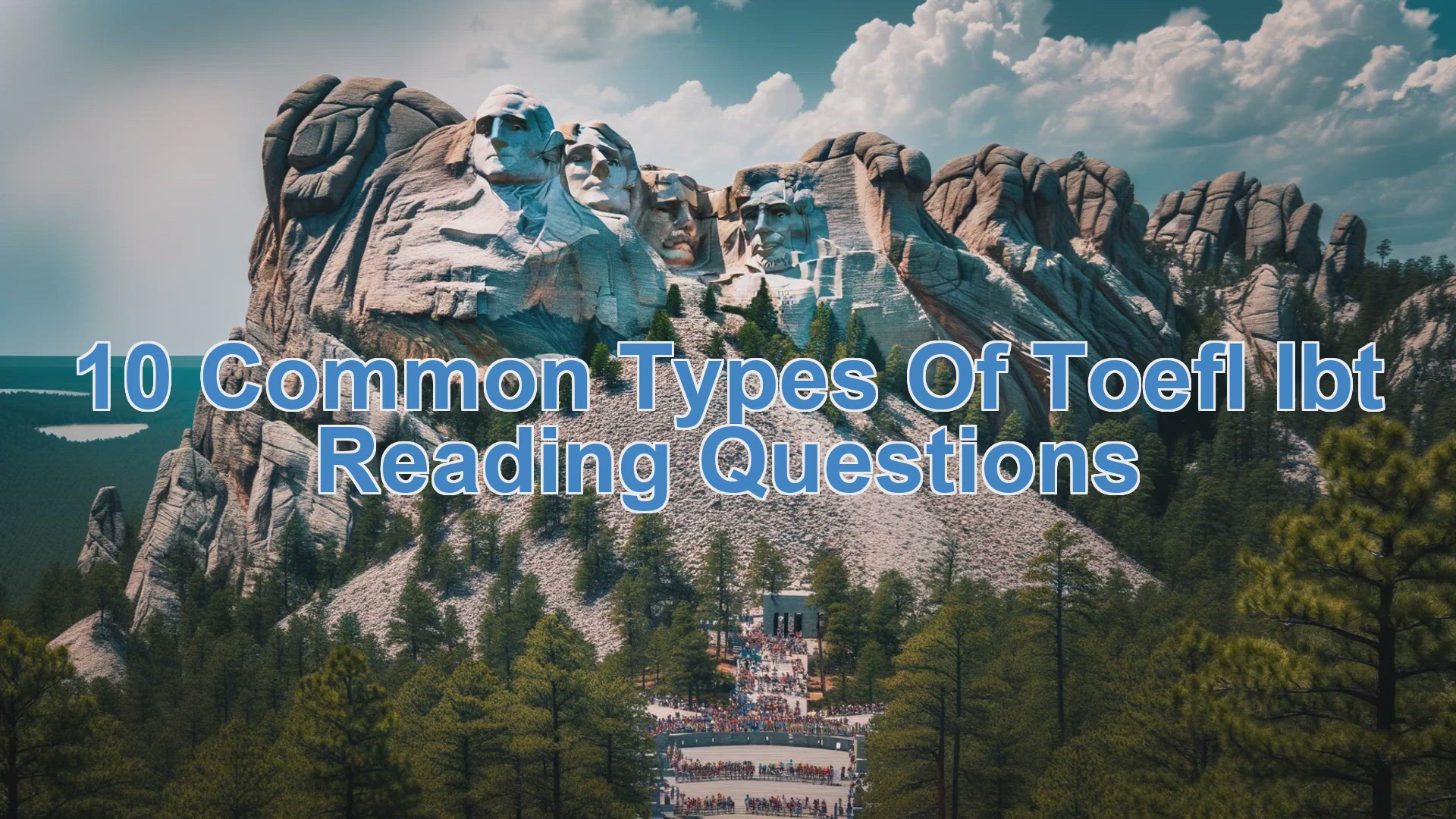
10 common types of TOEFL iBT reading questions - New Format
3K views · Oct 20, 2023 englishteststore.net
10 common types of TOEFL iBT reading questions 1. Factual Information question starting with phrases like "According to the paragraph" or "Paragraph ...". 2. Negative Factual Information question starting with "According to the paragraph, which of the following is NOT true?", and "The author mentions all of the following EXCEPT". 3. Inference question starting with phrases like "Which of the following can be inferred from paragraph about X", and "The author of the paragraph implies that X... " or "Paragraph X suggests which of the following about Y?" 4. Rhetorical purpose question starting with "Why does the author mention/include X" 5. Vocabulary question starting with "The word X in the passage is closest in meaning to ... ", and "The phrase X in the passage is closest in meaning to...", or "In stating X, the author means that..." 6. Introductory sentence for a brief summary of the passage, then create 6 summary sentences that express the most important ideas in the passage, in which 3 sentences are correct. 7. Sentence Simplification question starting with phrases like "Which of the sentences below best expresses the essential information in the following sentence?". 8. Insert text question: Find a position for the given sentence, where would the sentence best fit position at (A), (B), (C), (D). 9. Summary table: Select correct summary sentences for each category of the table. 10. Complete the summary by selecting the THREE answer choices that express the most important ideas in the passage.

Top 10 Common English Grammar Errors in Academic Papers
7K views · Nov 14, 2023 englishteststore.net
Top 10 Common English Grammar Errors in Academic Papers Introduction Hello everyone! Welcome to today's video. As students, we often come across various grammar errors in our academic papers. These errors can negatively impact our grades and overall impression. So, in this video, we'll be discussing the top 10 common English grammar errors found in academic papers. Let's dive in! 1. Subject-Verb Agreement One of the most common errors is the mismatch between the subject and the verb. For example, saying 'The data is' instead of 'The data are.' Remember, singular subjects need singular verbs, and plural subjects need plural verbs. 2. Misplaced Modifiers Modifiers, such as adjectives or adverbs, should be placed near the words they modify. A common mistake is placing the modifier too far from the word, leading to confusion. For instance, 'The professor only taught one chapter' instead of 'The professor taught only one chapter.' 3. Run-on Sentences Run-on sentences occur when two or more independent clauses are joined without proper punctuation. These sentences can be confusing to read. To fix this, use appropriate punctuation or consider breaking the sentence into smaller ones. 4. Lack of Parallelism Parallelism refers to using the same grammatical structure for similar ideas. For example, 'She likes hiking, swimming, and to run' should be 'She likes hiking, swimming, and running.' Maintaining parallelism improves the flow and clarity of your writing. 5. Incorrect Pronoun Usage Using pronouns incorrectly can lead to confusion. For instance, 'Everyone should bring their own book' should be 'Everyone should bring his or her own book.' If the gender is unknown, use 'his or her' or rephrase the sentence to avoid pronoun issues. 6. Improper Use of Apostrophes Apostrophes are commonly misused. Remember, they indicate possession or contraction. For example, 'The students' notebooks' indicates possession, while 'It's a beautiful day' is a contraction of 'It is.' Be cautious not to confuse the two. 7. Lack of Consistency in Verb Tenses Maintaining consistency in verb tenses is crucial. Shifting between past, present, and future tenses without a clear reason can confuse the reader. Choose the appropriate tense and stick to it throughout your paper. 8. Incorrect Capitalization Capitalization errors can make your writing appear unprofessional. Remember to capitalize proper nouns, the first word of a sentence, and titles. For example, 'I visited the White house' should be 'I visited the White House.' 9. Lack of Comma Usage Commas are essential for clarity and proper sentence structure. A common mistake is the absence of a comma in compound sentences. For instance, 'I went to the store and bought milk bread and eggs' should be 'I went to the store and bought milk, bread, and eggs.' 10. Wordiness Lastly, wordiness can make your writing convoluted. Be concise and to the point. Avoid unnecessary repetition or using complex words when simpler ones suffice. Remember, clarity is key. Conclusion And there you have it, the top 10 common English grammar errors found in academic papers. By being aware of these errors and actively working to avoid them, you can significantly improve your writing. Remember, practice makes perfect. Thanks for watching, and see you in the next video!

GRE Vocabulary Lesson: Exploring the Nuances of Language
145 views · Oct 2, 2024 englishteststore.net
In this video, we delve into the concept of nuance - the subtle differences in meaning that can significantly impact our understanding. We'll examine the definition, history, and usage of this important linguistic term, as well as common errors to avoid. Understanding nuance is crucial for effective communication and vocabulary mastery.

GRE Vocabulary Lesson: Oligarchy - The Rule of the Few
92 views · Oct 3, 2024 englishteststore.net
Explore the concept of oligarchy, a form of government where power is concentrated in the hands of a small group of individuals. Learn about the meaning, history, and examples of oligarchies, as well as how they differ from other political systems like democracy and monarchy.

GRE Vocabulary Lesson: Ossify - Turning Rigid or Inflexible
127 views · Oct 4, 2024 englishteststore.net
Explore the meaning and usage of the GRE vocabulary word 'ossify', which can refer to both the literal process of turning into bone and the figurative sense of becoming rigid or inflexible in one's attitudes and habits. Learn about the word's etymology, antonyms, synonyms, and common errors in usage to master this important concept.

GRE Vocabulary Lesson: Replenish - Refilling Your Vocabulary
38K views · Oct 9, 2024 englishteststore.net
Explore the meaning, history, and usage of the word 'replenish'. Learn how this versatile verb can enhance your vocabulary and help you express ideas more precisely, whether discussing personal energy, inventory management, or environmental conservation.
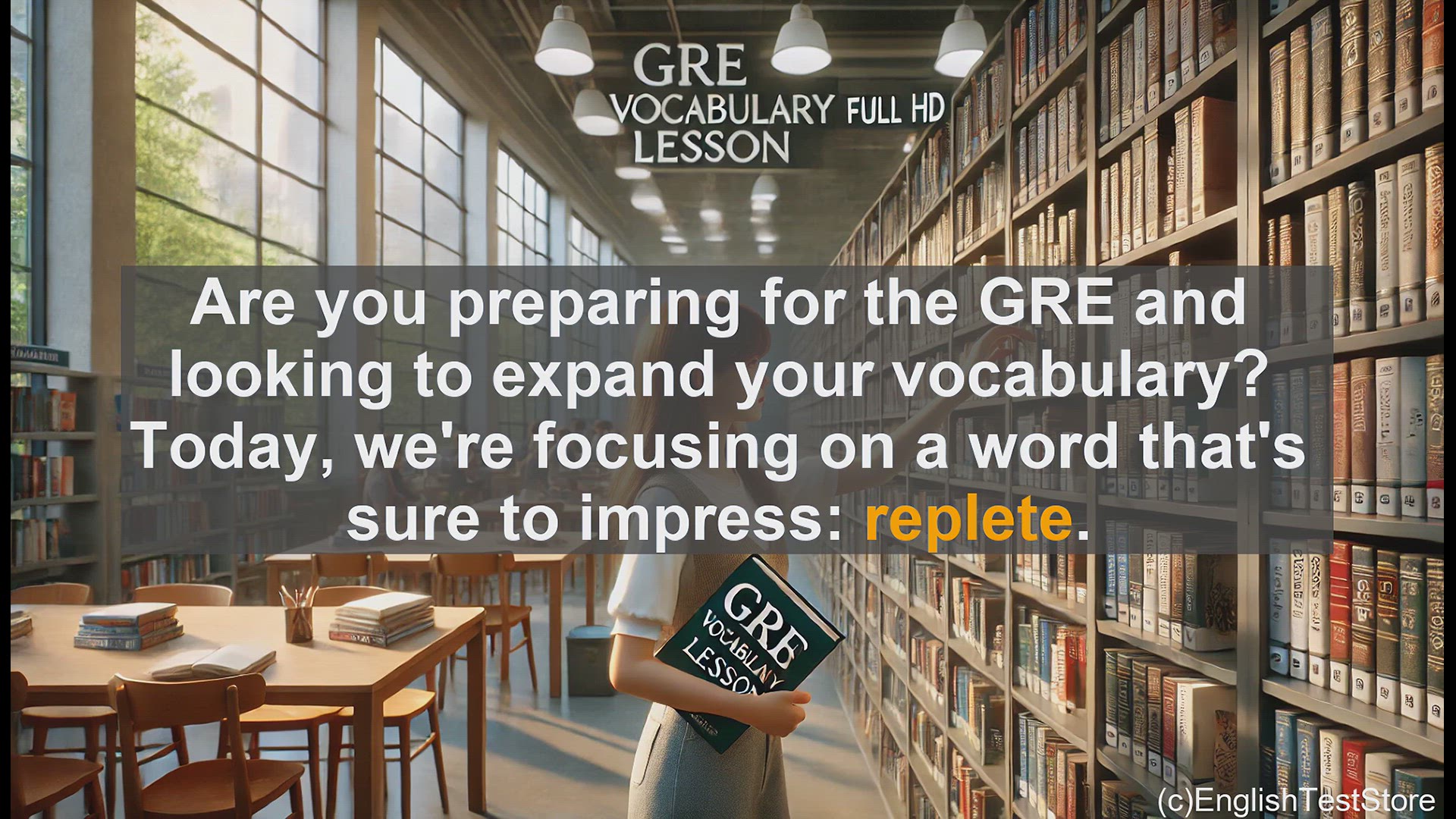
GRE Vocabulary Lesson: Mastering the Sophisticated Word '...
165 views · Oct 10, 2024 englishteststore.net
Expand your vocabulary and impress on the GRE by learning the meaning, usage, and nuances of the word 'replete'. Discover how to effectively incorporate this term into your writing and speech.

GRE Vocabulary Lesson: The Power of Replicas - A GRE Vocabul...
361 views · Oct 10, 2024 englishteststore.net
Explore the meaning, history, and usage of the word 'replica' in this GRE vocabulary lesson. Learn how to distinguish replicas from models, fakes, and counterfeits, and understand the importance of using this term accurately in the context of the GRE exam.

GRE Vocabulary Lesson: Exploring the Depth of the Word '...
14 views · Oct 10, 2024 englishteststore.net
Discover the nuances of the versatile verb 'requite' and how it can elevate your vocabulary. Learn its meaning, history, synonyms, and proper usage to enhance your communication skills.